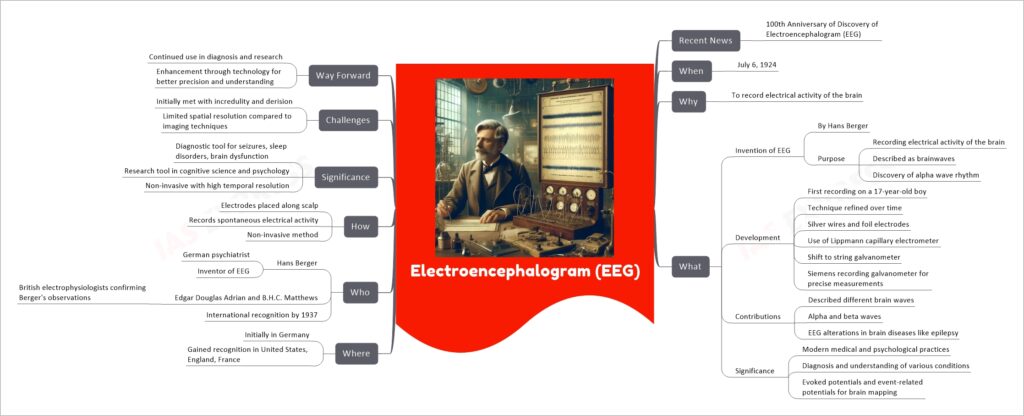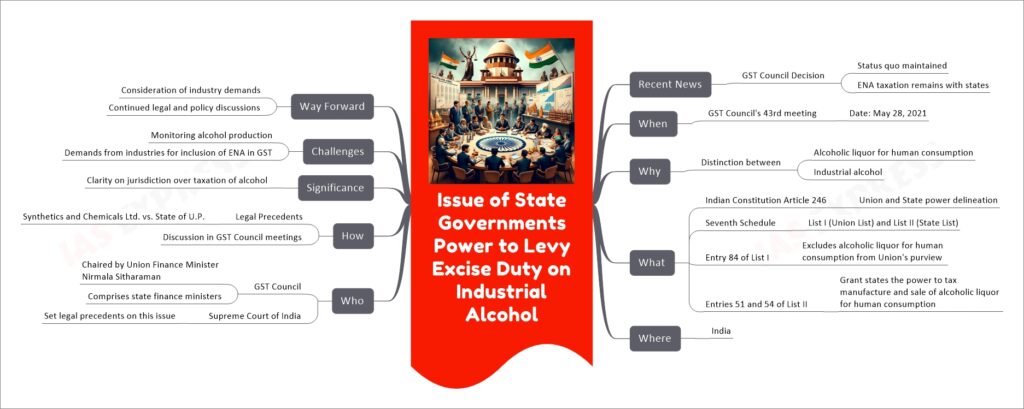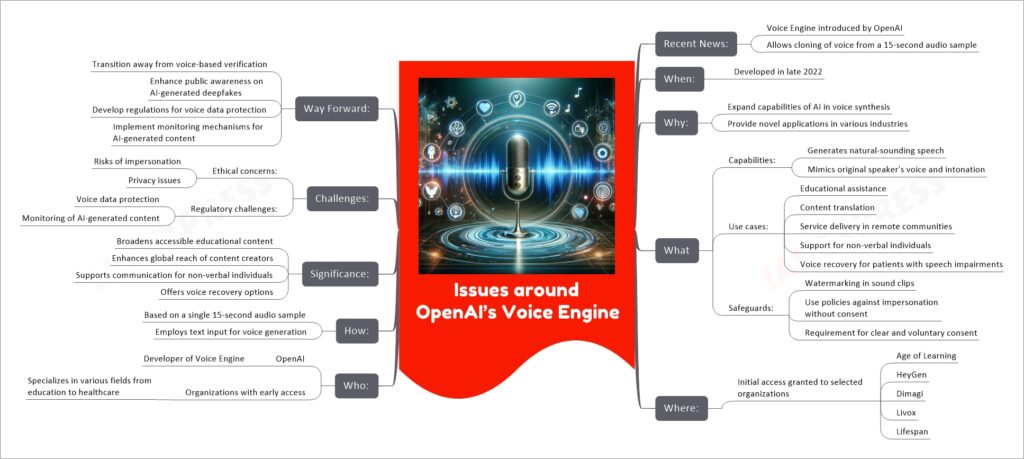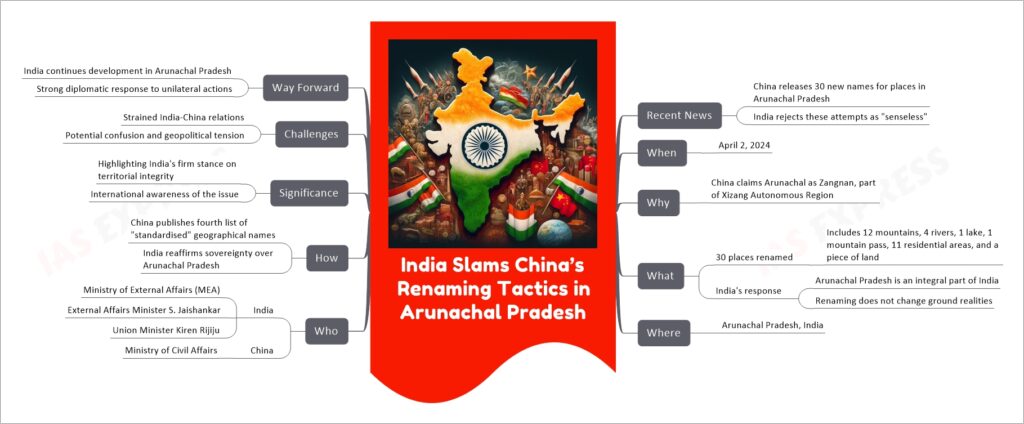[Newsbits] 4-6.04.2024: Juice Jacking, OpenAI’s Voice Engine & More

The 100th anniversary of the discovery of the Electroencephalogram (EEG) marks a century since Hans Berger, a German psychiatrist, first recorded human brain activity using this method. EEG has since become a fundamental tool in diagnosing and understanding various neurological conditions, including epilepsy, sleep disorders, and brain dysfunctions. It operates by placing electrodes along the scalp to record the electrical activity of the brain, a technique that Berger developed and refined over time. Despite its initial reception, which was met with skepticism, EEG’s significance has been recognized worldwide, contributing immensely to both medical and psychological practices. Today, EEG is not only a diagnostic tool but also serves in cognitive science and psychological research, providing insights into brain functions and disorders.
The issue surrounding state governments’ ability to levy excise duty on industrial alcohol primarily involves the taxation of extra-neutral alcohol (ENA), a highly distilled, food-grade alcohol used in manufacturing alcoholic beverages and for various industrial applications. The core of the debate centers on the constitutional provisions that delineate the powers of the Union and State governments in taxing alcoholic substances. According to the Indian Constitution, states have the exclusive right to tax alcoholic liquor intended for human consumption, while the Union’s jurisdiction excludes this, allowing it to tax other types of goods. A landmark decision by the GST Council, led by Union Finance Minister Nirmala Sitharaman, upheld the status quo, allowing states to continue taxing ENA. This decision reflects ongoing deliberations over the tax jurisdiction of ENA, balancing between industry demands for GST inclusion (to avail input tax credits) and state interests in maintaining revenue from alcohol taxation. Legal precedents further complicate the landscape, emphasizing the nuanced distinction between alcohol for human consumption and industrial use in determining tax authority.
The OpenAI Voice Engine represents a significant advancement in voice synthesis technology, capable of generating a synthetic voice from a mere 15-second audio clip of an individual’s voice. Developed in late 2022, this technology has been introduced with a focus on expanding AI capabilities in voice synthesis and offering novel applications across various industries. While the technology promises numerous benefits, including broadening educational content accessibility, enhancing global reach for content creators, and offering voice recovery options for individuals with speech impairments, it also presents ethical and privacy concerns. These concerns center around the risks of impersonation and the necessity for stringent privacy measures. To address these challenges, OpenAI has proposed measures such as transitioning away from voice-based verification, enhancing public awareness of AI-generated deepfakes, and developing regulatory frameworks to protect voice data in AI applications
India has firmly rejected China’s recent actions of renaming places in Arunachal Pradesh, describing these moves as “senseless attempts.” This situation has emerged as China released a fourth list naming 30 more places in Arunachal Pradesh as part of its claim over the region, which it refers to as Zangnan or the southern part of Tibet. India’s Ministry of External Affairs, along with prominent figures like External Affairs Minister S. Jaishankar and Union Minister Kiren Rijiju, have reiterated that such renaming does not alter the reality of Arunachal Pradesh being an integral and inalienable part of India. They emphasize the historical and ongoing sovereignty of India over the region, despite China’s claims and renaming attempts.
Juice Jacking Scam is a cyber-theft strategy where criminals install malware on public USB charging stations to access and steal data from electronic devices. Authorities like the FBI and FCC have warned about this scam, particularly targeting travelers. Thieves use corrupted USB ports to lock devices or export personal data and passwords. The FCC and other organizations offer tips to prevent falling victim to these scams, such as using AC power outlets, carrying external batteries, and using charging-only cables that prevent data from being transferred. Awareness and precautionary measures are crucial to combatting this growing threat.
If you like this post, please share your feedback in the comments section below so that we will upload more posts like this.





